So, why study science? Science products and technology surround us every day. The public policy remarks that affect human life activities base on scientific evidence. The complex and natural world surrounding us shows infinite scientific facts. When children grow in an advanced scientific world, they need scientific literacy.
By teaching students’ scientific methods, they learn, think, and make informed decisions. They will solve many different problems. The skills are an integral aspect of every student in life and education. Teachers need to build students to learn science. They need to use the knowledge acquired about science curriculum design.
Why is science education important for all?
Science is everywhere. Students ride to school using a bus that has several examples of technology. The technology in buses base on scientific methods. A bus is a result of several science and technology areas. They include innovation and engineering in the road system, sidewalks, and lights. All these and other infrastructures are designs by planners and engineers.
The students’ smartphones are products of modern engineering in computers.
Trees transform sunlight into energy. They manufacture the oxygen that people need for survival. Whether human-derived or natural, all aspects of students’ lives are full of science. The internal biological system of a student’s body to a TV in the house results from science.
Scientific method and scientific inquiry
The specific examples of science in human life are scientific thoughts and methods. Together with inquiry, they aid in arriving at decisions. People have to solve problems that arise from necessity or curiosity.
In complex science fields, the inquiry process is finite and more direct. It involves taking a question and using the evidence to make explanations. You then connect existing knowledge to the explanations. Use the self-based evidence to communicate the explanation. Scientific method experimentation uses the same process. Combine the research with the scientific question to make a hypothesis. Carry out experiments to test the theory and make conclusions. Use the results evaluations to communicate the findings.
Critical thinking as one of the benefits of science education in schools
Scientific method and inquiry are integral to science practice and education. Decision’s people make base on these two processes.
The natural human necessity and curiosity ask questions. Construct a hypothesis and test the results. Do this after testing with evidence, and develop future decisions using the results.
Make decisions using evidence and critical thinking to solve problems. Critical thinking and problem-solving are vital skills for a student in school life. They are essential in good decision-making that results in success and achievement.
The school’s scientific inquiry does not link to critical thinking and problem-solving. Students then learn how to create, test, execute and communicate experiment results. It helps them to deal with school challenges. It makes science a vital subject as it offers skills in critical thinking. They need these skills for other subjects.
Primary school science education
Government tests and guidelines often target high and middle-level school STEM education. However, many tutors say science teaching should start much earlier. The reason is that science teaches kids skills in problem-solving. They use them in schooling life and to engage them in science early enough.
Young learners make essential opinions about science after starting school. If they develop a negative thought, it’s hard to engage them in this subject as they grow. So instead, you need to engage the young ones with motivating experiences. Together with exciting materials, they will encourage them to learn science in school.
Conclusion
The above are the benefits of studying science in a student’s life. It’s applicable and develops critical thinking and problem-solving skills. Students will use these skills to make decisions and generate ideas. They will understand public policymaking.

